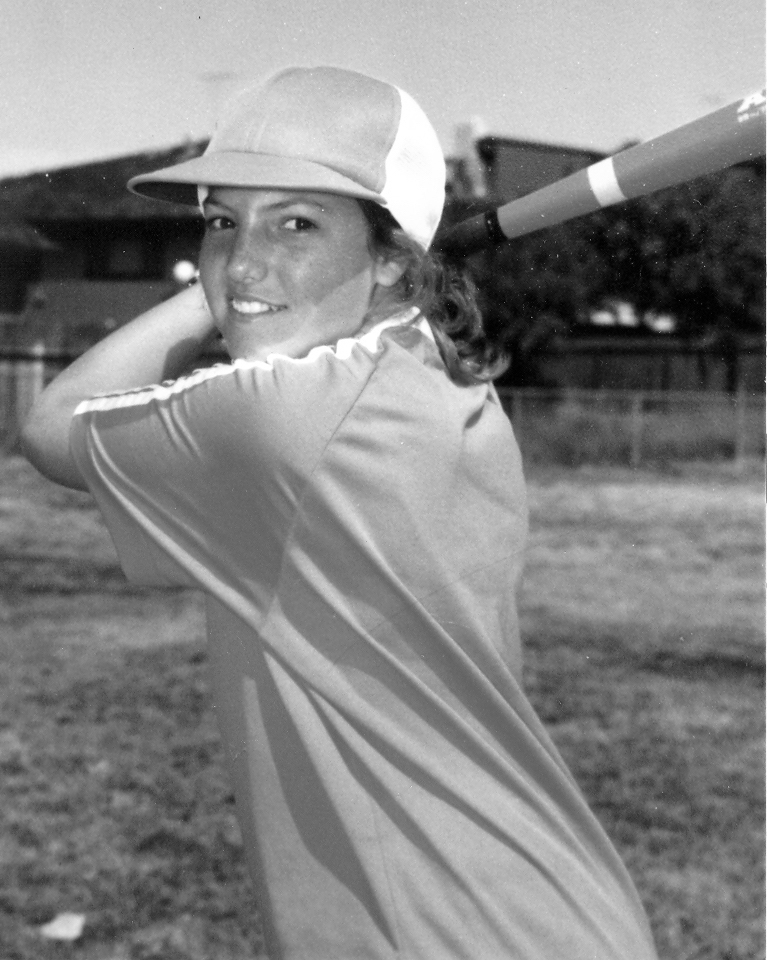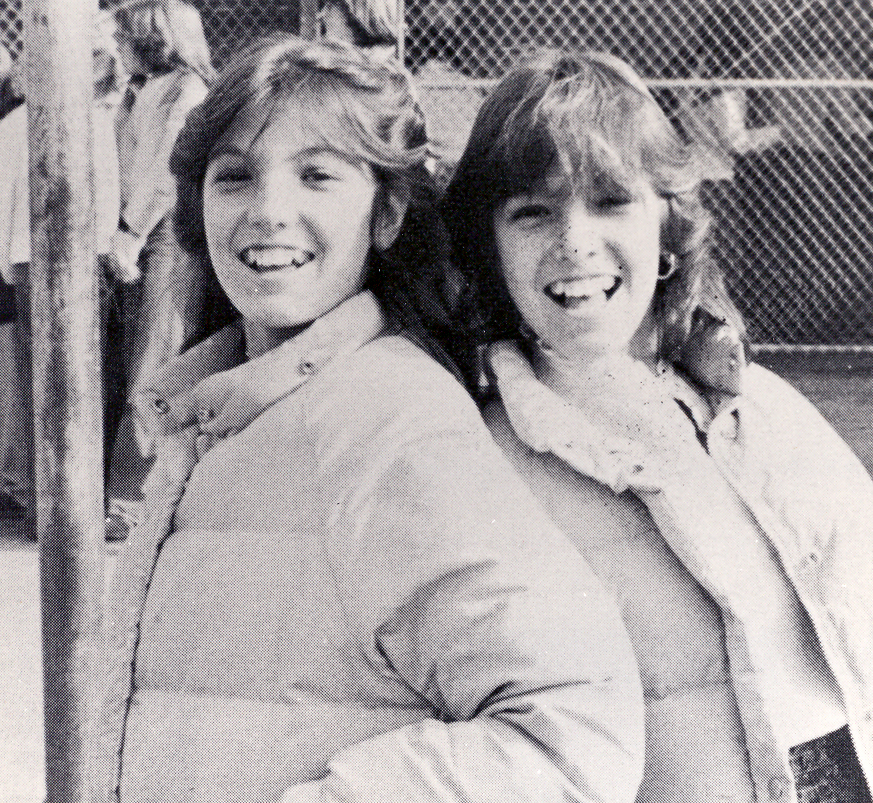
Cari Lightner was only 13 when she was struck and killed by a multiple repeat offender drunk driver in 1980. She was thrown 125 feet and left in the road to die. The driver went home, passed out, and told his wife not to look at her car, which he had been driving because he had crashed his own car into someone else the night before he killed Cari.

When they caught up with him, he was charged with 3 felonies under California law: felony drunk driving, felony hit and run, and felony vehicular manslaughter. Despite these charges and his prior offenses, he only spent 16 months in a halfway house. He even maintained his driver’s license, driving to and from work and home on the weekends. The only reason the driver spent any time semi-incarcerated at all is because Cari’s mother, Candace Lightner, launched Mothers Against Drunk Driving (MADD), an anti-drunk driving grassroots movement that took the nation by storm. This movement also generated widespread public outrage against drunk driving that directly resulted in many changes.
In 1980, drunk driving was socially acceptable and more than 25,000 people each year were being killed in alcohol related crashes. Since then, all fifty states have enacted laws with tougher sanctions for drunk drivers and the number of drunk driving deaths has been cut in half.
 Haven’t We Solved The Problem Of Drunk Driving?
Haven’t We Solved The Problem Of Drunk Driving?
While we have made great strides legally and socially with drunk driving since 1980, there is still much more that needs to be done. Despite a shift in societal attitudes, a recent study showed that 43% of Americans admit to having driven under the influence of alcohol - 56% of men, versus 29% of women. What’s more, drunk drivers still kill more than 10,000 people a year—a number that hasn’t gone down since 1996. A 2020 study found that alcohol-impaired drivers involved in fatal crashes were 4 times more likely to have a prior DUI conviction than drivers with no alcohol in their system. That means that they have driven drunk before, been caught, and still keep driving drunk—often until they kill someone.
More scary statistics: – Alcohol-related crashes are a leading cause of death for teens, with almost a third of young drivers killed in fatal crashes involving underage drinking. – The 21- to 24-year-old age group and the 25- to 34-year-old age group had the highest percentages of alcohol-impaired drivers involved in fatal crashes in 2021.The Deadly Threat Of Repeat Offenders
On January 25, 2015, a repeat drunk driver drove his Dodge pickup over a median on Highway 85 in Weld County, Colorado and struck a Honda minivan carrying the Martinez family. 37-year-old Gilbert and his two children, 6-year-old Ethan and 1-year-old Bryson, all died in the crash. Gilbert’s 32-year-old wife, Mistelle, survived to mourn her entire family.
The perpetrator of the crime was a drunk driver with at least eight prior DUI arrests. For some reason, this ridiculous amount of offenses was still not enough to keep him off the streets. Maybe the ninth would have done the trick, although we will never know because he died in the crash too.
There is no reason why a person with four, five, or even eight DUI convictions should be driving the streets. Far too often, a person can receive that many DUIS and never do a day in prison—leaving them free to continue driving drunk. For example in Colorado, hundreds of repeat drunk drivers still avoid prison despite felony DUI.
What Can We Do About Drunk Driving?
It is clear that more needs to be done to stop drunk drivers—especially repeat offenders. So how can we protect ourselves and our loved ones from these serial predators? One way is to press our legislators for stricter laws that make it difficult, if not impossible, for such people to drive drunk, such as the use of Ignition Interlock Devices (IID’s) and the 24/7 Program.
You can also dedicate yourself to having the Courage To Intervene.
- Offer to be a designated driver or ensure you have a non-drinking designated driver when you go out.
- If you are going out alone, don’t drink unless you take a taxi or public transit there and plan on doing the same when you are going home.
- Give your keys to someone else before you start drinking.
- Download a taxi ride app such as Curb.
- If you are partying at a friend’s home stay overnight if you aren’t safe to drive.
- Never ride with someone who is drinking or has been drinking. #Passengerspeakup
- Keep someone overnight if they drink too much at your party or call them a taxi.
- Never serve alcohol to underage guests.
- Set up a social media post to all your followers that you will not ride with anyone who has been drinking.
- Post on social media the local cab company’s number for your friends with a message that says “I care and want you to make it home safely: Please call a cab if you go out drinking!”
- Always plan ahead. It is better to make plans before you go out than it is to deal with the possible deadly consequences after.
10 Tips to Keep You and Your Loved Ones Safe:
Where Can I Learn More About Drunk Driving?
National Highway Traffic Safety Administration (NHTSA)
Centers for Disease Control and Prevention (CDC)
